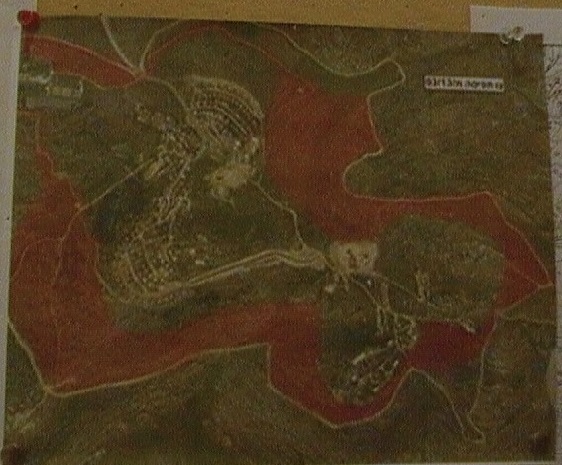Tag: Itamar Settlement
-
Settlers from illegal colony of Itamar destroy 1,500 Palestinian olive trees
12th July 2013 | International Solidarity Movement, Nablus Team | Awarta, Occupied Palestine On the morning of Thursday 11th July, villagers from Awarta found that 1,500 of their olive trees had been cut down over the last month by settlers from the illegal settlement of Itamar. When they attempted to highlight this crime with media…
-
Land confiscation continues in Awarta
24th June 2013 | International Solidarity Movement, Nablus Team | Awarta, Occupied Palestine Awarta, a small village south east of Nablus, faces constant intimidation from the Israeli army and nearby Itamar settlement. In the past month, the Israeli Civil Administration handed out two land confiscation orders to residents of Awarta. The first one, three weeks…

